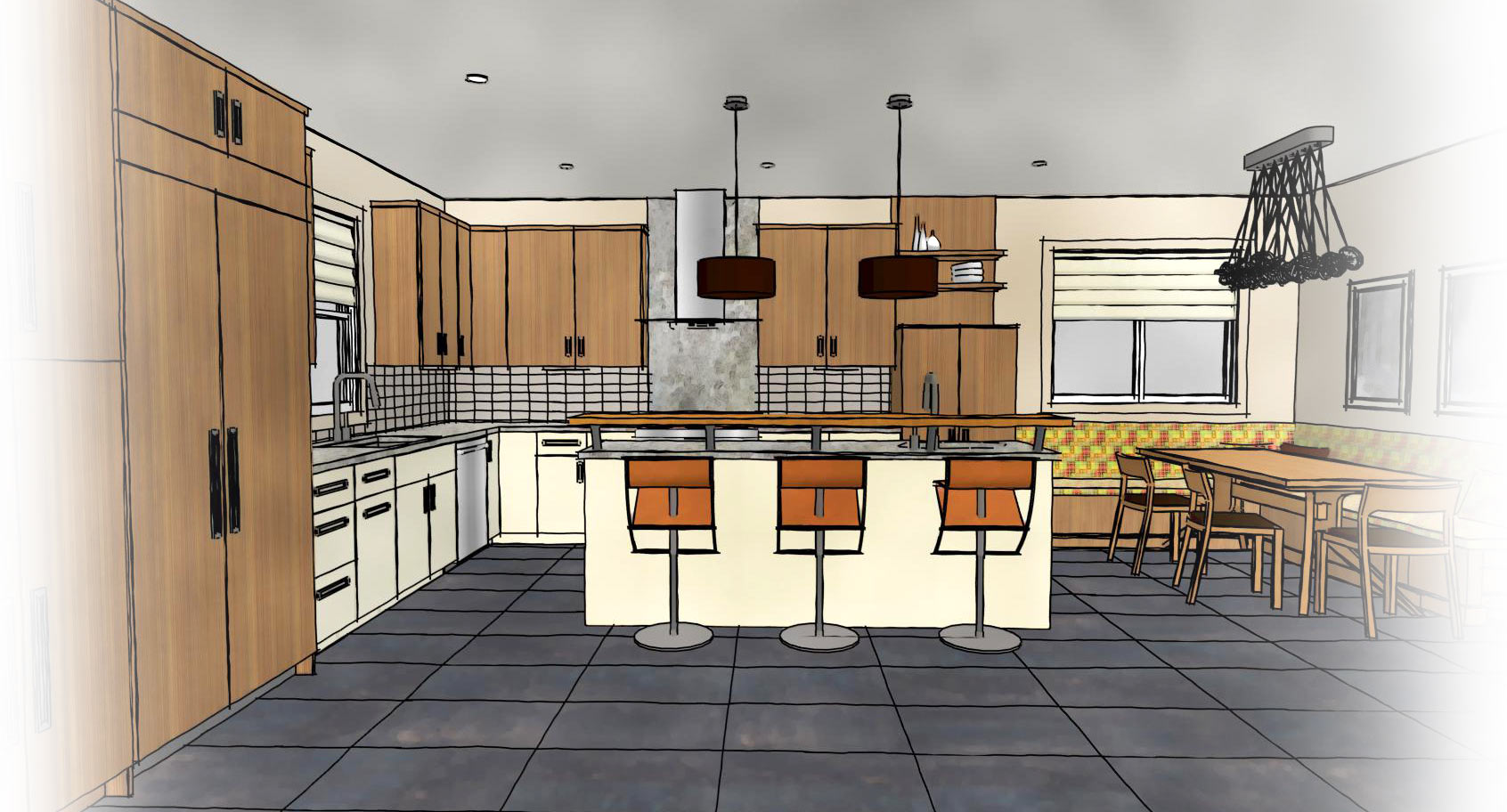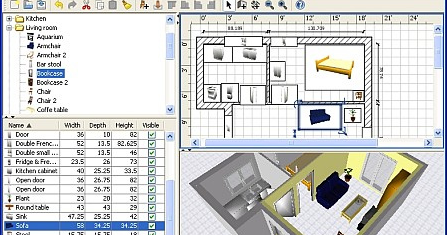

Students must obtain a minimum "C" grade in each course in order to graduate from the program. In addition to the 103 specialized credits in Interior Design and 6 required credits in English, students must complete 21 elective credits of which at least 6 are upper-level. The final two semesters revert to the standard Fall/Spring format.

The seventh semester is an internship term, scheduled in the summer between third and fourth year. The first three years of study (six semesters) begin with a Fall semester (September through December) followed by Spring semester (January to April). The Bachelor of Interior Design is a full-time program comprised of nine semesters organized as follows: The foundation courses and elective study provide an excellent foundation and structure for lifelong learning and ensures that students develop quantitative reasoning and critical thinking skills. The interior design curriculum features lecture, studio, critique, and computer lab instruction independent and collaborative projects formal and informal presentations field trips an internship and a final major project spanning two semesters. The program provides a balanced range of theoretical, intellectual, communication, experiential, applied and other skills, needed to deal effectively with the responsibilities of interior design professional life. Interior designers work in all areas of the built environment including residential, office, retail, hospitality, and Institutional settings to create interior spaces that are "functional, enhance the quality of life and culture of the occupants, and are aesthetically attractive"*. It is intended for students who wish to pursue a professional career in this creative multi-faceted discipline. The Bachelor of Interior Design combines theory with specialized knowledge and the development of proficiencies relative to the profession of interior design.


 0 kommentar(er)
0 kommentar(er)
